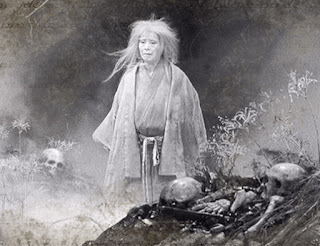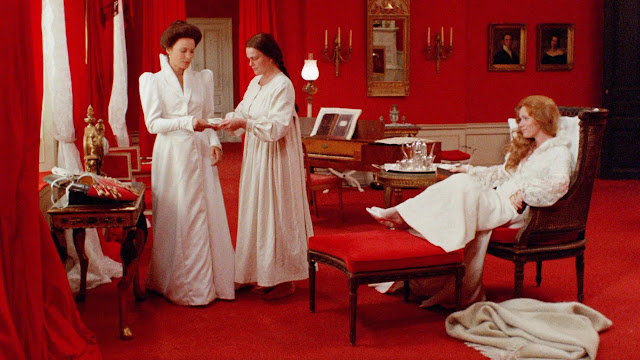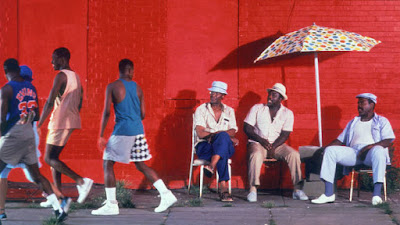My Favorite Films, Plague Edition (Volume 8): The Scottish Films

Macbeth Written by William Shakespeare Directed by Orson Welles (1948) Starring Orson Welles and Jeannette Nolan Directed by Roman Polanski (1971) Starring Jon Finch and Francesca Annis Directed by Rupert Goold (2010) Starring Patrick Stewart and Kate Fleetwood Throne of Blood (1957) Directed by Akira Kurosawa Starring Toshiro Mifune and Isuzu Yamada Macbeth is my favorite Shakespearean tragedy, blessed by a vision of hellish darkness, an economical plot without too many sidetrips, and portrayal of complex characters, here the sociopathic couple Macbeth and Lady Macbeth. Viewing several filmed versions this week, some by renowned directors (Kurosawa, Welles, Polanski) brought up some fascinating contrasts. The plot is straightforward. Macbeth driven by a. lust for power, b. his wife, and/or c. sociopathy, murders the King of Scotland, his best friend Banquo, and the wife and children of his rival Macduff. He himself is beheaded by Macduff, invadi...



